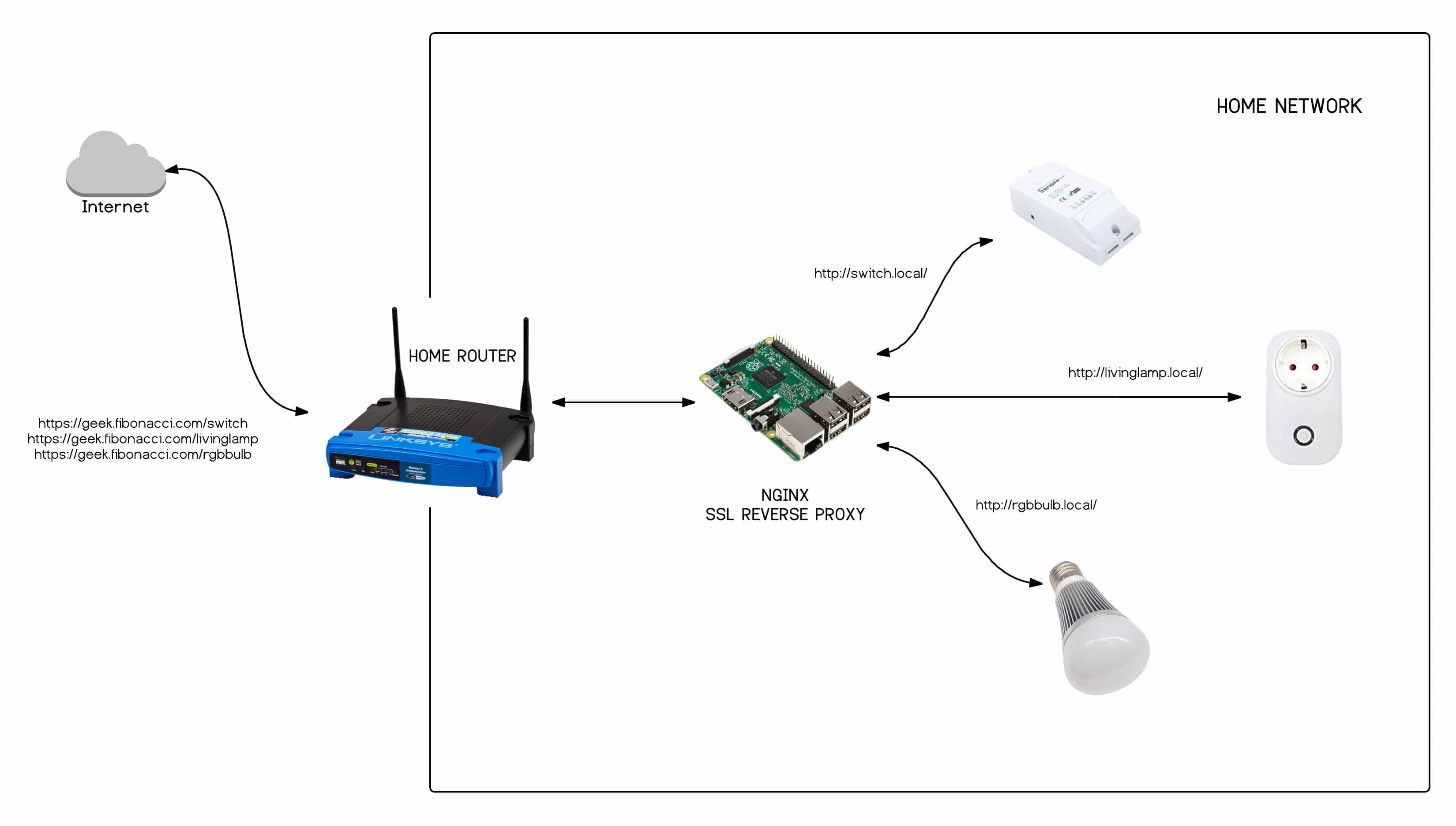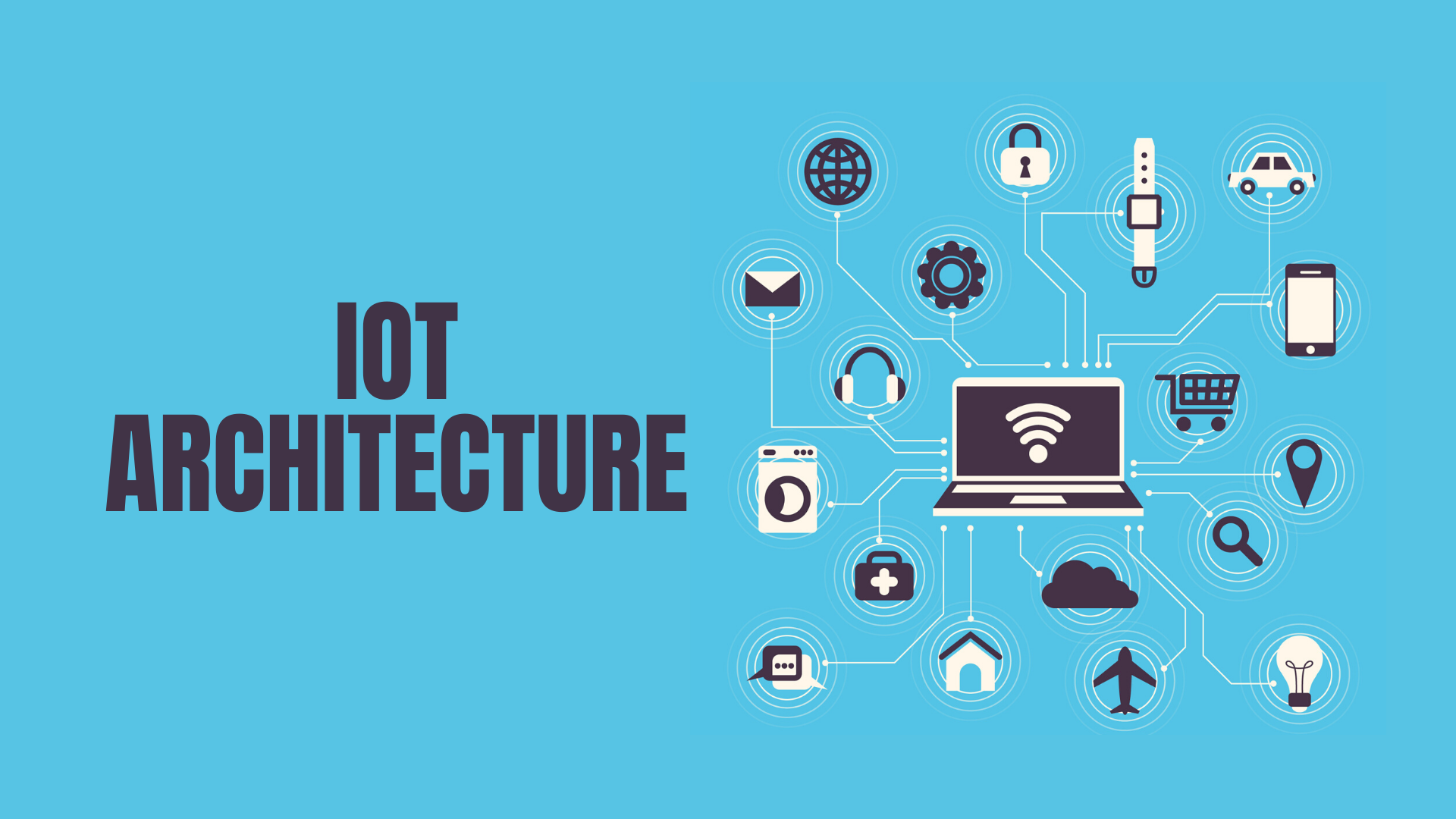Let's face it, folks—IoT devices are everywhere these days. From smart thermostats to voice-activated speakers, they've become an integral part of our daily lives. But here's the thing: managing IoT devices remotely can sometimes feel like solving a Rubik's Cube while blindfolded. Especially when you're dealing with routers, MAC addresses, and all that tech jargon. Well, worry no more! In this guide, we’ll dive deep into how to use remote manage IoT behind router MAC free, and trust me, it’s gonna be a smooth ride.
Now, you might be wondering, "Why do I even need to manage my IoT devices remotely?" Good question! Imagine being on vacation and realizing you left your smart lights on at home. Or maybe you want to check in on your security cameras while you're at work. Remote management is the key to unlocking that convenience, and we’re here to show you how to do it without getting tangled up in router settings or MAC address restrictions.
Before we jump into the nitty-gritty, let me assure you this guide is packed with actionable tips, real-world examples, and some pro-level tricks. Whether you're a tech-savvy enthusiast or just starting out with smart home devices, this article has got you covered. So, grab a cup of coffee, sit back, and let’s get to it!
- Fry99com Your Guide To Online Gaming Entertainment 2024
- Filmyfly Your Guide To Bollywood Hollywood More Review
Table of Contents
- Understanding IoT and Remote Management
- Router Basics: What You Need to Know
- Managing IoT Devices Without MAC Address Restrictions
- Setting Up Remote Access for IoT Devices
- Security Measures to Protect Your IoT Network
- Common Issues and Troubleshooting Tips
- Best Practices for Efficient IoT Management
- Tools and Apps to Simplify IoT Management
- The Future of IoT and Remote Management
- Conclusion: Take Control of Your Smart Home
Understanding IoT and Remote Management
What is IoT Anyway?
So, first things first—what exactly is IoT? IoT stands for Internet of Things, and it refers to the network of physical devices, vehicles, appliances, and other gadgets embedded with sensors, software, and connectivity. These devices can communicate and exchange data over the internet, making them "smart." Think of your smart fridge that texts you when you're out of milk or your smart thermostat that adjusts the temperature based on your preferences.
Why Remote Management Matters
Now, here's the kicker: remote management allows you to control these devices from anywhere in the world. Whether you're at the office, on vacation, or just lounging on the couch, you can access your IoT devices and make changes as needed. This level of convenience is what makes smart homes so appealing. Plus, it gives you peace of mind knowing you can keep an eye on things even when you're not physically present.
Router Basics: What You Need to Know
The Role of Routers in IoT
Your router is the gateway to your IoT network. It connects all your smart devices to the internet, allowing them to communicate with each other and with you. But here's the thing: not all routers are created equal. Some are better suited for IoT devices than others. Look for routers that support advanced features like VLANs, QoS (Quality of Service), and guest networks. These features can help you optimize your IoT setup and improve performance.
- Hdhub4u Your 2025 Guide To Bollywood Movie Streaming
- 9xmovies In 2025 Risks Alternatives The Future Of Streaming
Key Router Settings to Check
- Enable port forwarding for specific devices.
- Set up a static IP address for your IoT devices.
- Configure your router's firewall settings to allow remote access.
- Ensure your router's firmware is up to date.
Managing IoT Devices Without MAC Address Restrictions
What Are MAC Addresses?
A MAC address is a unique identifier assigned to network interfaces for communication on the physical network segment. Think of it like a digital fingerprint for your devices. However, some routers use MAC address filtering to control which devices can connect to the network. This can be a pain if you're trying to manage IoT devices remotely.
How to Bypass MAC Address Restrictions
Luckily, there are ways to manage your IoT devices without getting bogged down by MAC address restrictions. One option is to disable MAC filtering on your router. Another is to use a virtual private network (VPN) to create a secure tunnel between your devices and the internet. This way, your devices can communicate freely without being blocked by MAC address restrictions.
Setting Up Remote Access for IoT Devices
Step-by-Step Guide
Setting up remote access for your IoT devices might sound intimidating, but it's actually pretty straightforward. Here's a quick step-by-step guide:
- Log in to your router's admin interface.
- Enable port forwarding for the specific ports your IoT devices use.
- Set up a dynamic DNS (DDNS) service to make it easier to access your network remotely.
- Install a remote access app on your smartphone or computer.
- Test the connection to ensure everything is working properly.
Popular Remote Access Tools
- TeamViewer
- LogMeIn
- NoIP
- ngrok
Security Measures to Protect Your IoT Network
Why Security Should Be a Priority
With great power comes great responsibility, as they say. While IoT devices offer incredible convenience, they also come with security risks. Hackers can exploit vulnerabilities in your network to gain access to your personal information or even take control of your devices. That's why it's crucial to implement strong security measures.
Top Security Tips
- Change default passwords on all your devices.
- Enable two-factor authentication (2FA) whenever possible.
- Keep your firmware and software up to date.
- Use a strong, unique password for your Wi-Fi network.
- Regularly monitor your network for suspicious activity.
Common Issues and Troubleshooting Tips
Can't Connect to Your IoT Devices?
Don't panic! Connection issues are common, but they're usually easy to fix. Here are a few troubleshooting tips:
- Restart your router and devices.
- Check your internet connection.
- Verify that your devices are connected to the correct network.
- Ensure that port forwarding is correctly configured.
Slow Performance?
If your IoT devices are running slow, there could be several reasons. Here are some things to try:
- Reduce the number of devices connected to your network.
- Optimize your router's settings for better performance.
- Consider upgrading to a more powerful router.
Best Practices for Efficient IoT Management
Organize Your Devices
Keeping your IoT devices organized is key to efficient management. Use descriptive names for your devices and group them by location or function. This will make it easier to find and control them when needed.
Regularly Update Your Devices
Software updates often include important security patches and performance improvements. Make it a habit to check for updates regularly and install them as soon as they're available.
Tools and Apps to Simplify IoT Management
Popular IoT Management Apps
- Google Home
- Amazon Alexa
- Apple HomeKit
- SmartThings
These apps offer a centralized platform for managing all your IoT devices. They also provide voice control, scheduling, and automation features to make your life easier.
The Future of IoT and Remote Management
What's Coming Next?
The world of IoT is evolving rapidly, and the future looks bright. We can expect to see advancements in AI-driven automation, improved security protocols, and more seamless integration between devices. As technology continues to advance, remote management will become even easier and more intuitive.
Get Ready for the Smart Home Revolution
With the rise of 5G networks and edge computing, the possibilities for IoT are endless. Imagine a home where every device works in harmony, anticipating your needs before you even think of them. It's not just a dream—it's the future, and it's closer than you think.
Conclusion: Take Control of Your Smart Home
Managing IoT devices remotely doesn't have to be a headache. By following the tips and tricks outlined in this guide, you can take full control of your smart home and enjoy the convenience it offers. Remember to prioritize security, stay organized, and keep your devices up to date.
Now it's your turn! Have you tried managing your IoT devices remotely? What challenges have you faced, and how did you overcome them? Leave a comment below and let's start a conversation. And if you found this article helpful, don't forget to share it with your friends and family. Together, let's build a smarter, more connected world!
References:
- https://www.cisco.com/c/en/us/solutions/internet-of-things/what-is-iot.html
- https://www.howtogeek.com/354314/what-is-port-forwarding-and-why-do-i-need-it/
- https://www.pcmag.com/news/what-is-a-mac-address
- Is Masahub 2 The Future Of Online Learning Review
- Goojara Movies Your Ultimate Guide Top Tips Streaming


